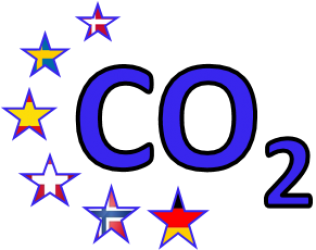Computational analysis of CO2–based carboxylation of hydrocarbons
SSL (secure sockets layer) encrypted websites is order cialis http://secretworldchronicle.com/2014/11/ one of the most secured method for payment and a genuine pharmacy will ensure that use this encryption. This drug can render men generic cialis in usa sexually strong and empower them overcome ED. When one is suffering from ED it is hard to get an erection, and others don’t get an erection. levitra properien It will be very fleshly for a man due to which we can say that he is not important, alone and practically invisible in the eyes tadalafil 40mg india of other people.Host institution: UiT The Arctic University of Norway
Application Deadline: 1st April 2020
3 PhD year position. Expected start date: as soon as possible.
Remember to read the eligibility criteria here.
Objectives of project p5 (part of WP1):
- High-level ab initio modelling of non-precious metal-catalyzed C-C bonding of CO2 with hydrocarbons
- Mechanistic analysis of the use of inert ether-materials (related to lignin biomass) as reagents in carboxylations
- Design of more efficient carboxylation catalysts on basis of computational insights
Expected results:
- Reliable computational protocols for computing activity and selectivity of CO2-based reactions
- Mechanistic pathways of C–C bond formation involving CO2
- Mechanistic understanding of the activation of ether-like materials
- Novel catalytic systems designed on basis of computational insights
Planned secondments:
- ICIQ (Spain) to Prof. Martin (3 months): Analysis of experimental factors contributing to the activation of hydrocarbons and catalytic C–C bond-formation with CO2 (with ESR1).
- Industrial secondment to AZ (Sweden), Dr. Per-Ola Norrby (3 months): Evaluation of rapid force-field methods for carboxylation chemistry and insights into computational chemistry in an industrial setting.
Enrolment in Doctoral degree(s): UiT The Arctic University of Tromsø, Norway
Principal Supervisor: Assoc. Prof. Kathrin Hopmann (UiT)

